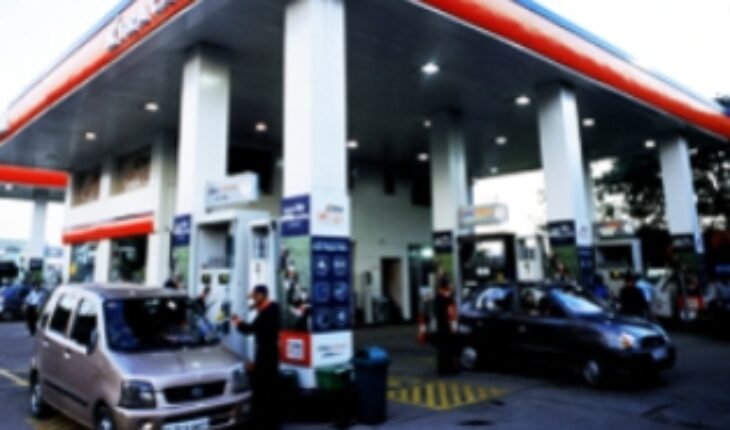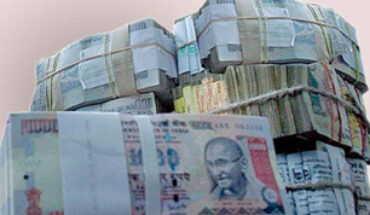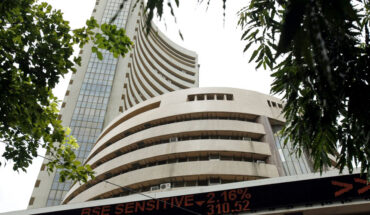Petrol and diesel prices in Delhi touched a fresh high of Rs 74.08 per litre on Friday — the highest in nearly five years. In September 2013 the price had touched Rs 74.10 a litre.
In metro cities like Kolkata, Mumbai and Chennai too, prices climbed to new multi-year highs at Rs 76.78, Rs 81.93 and Rs 76.85 per litre respectively, as per the Indian Oil website.
The previous highs in these cities were Rs 78.03 (Kolkata, August 2014), Rs 82.07 (Mumbai, March 2014) and Rs 76.93 (Chennai, July 2014).
Diesel prices also increased in Delhi, Kolkata, Mumbai and Chennai and the prices were recorded as Rs 65.31, Rs 68.01, Rs 69.54 and Rs 68.90 per litre respectively.
Slamming the Modi government over the high petrol prices, Senior Congress leader P Chidambaram said it has become clueless and floundering and is living off an oil bonanza.
In a series of tweets, the former Finance Minister said the BJP boasts that it is ruling 22 states but why does the NDA government refuse to bring petroleum and petroleum products under GST.
“For the last four years, the BJP government has lived off an oil bonanza. Minus the oil bonanza, the BJP government is clueless and floundering. Even a school child knows the answer. It is because of the Tax the Consumer policy of the BJP government,” he said.
Chidambaram said crude oil price at USD 74 per barrel are still lower than USD 105 four years ago. “So, why are Petrol/Diesel prices higher today than they were in May 2014?,” he asked.
The BJP-led government had raised excise duty nine times between November 2014 and January 2016 to shore up finances as global oil prices fell, but then cut the tax just once in October last year by Rs 2 a litre.
Petroleum Minister Dharmendra Pradhan last fortnight was quoted as saying that the GST Council – the apex decision making body of the new indirect tax regime – should in the “interest of energy security and consumers” include petroleum products in GST.
Petrol, diesel, natural gas, crude oil and jet fuel (ATF) are currently not included in the GST, which essentially leads to producers not being able to set-off tax paid on inputs from final tax on product.





